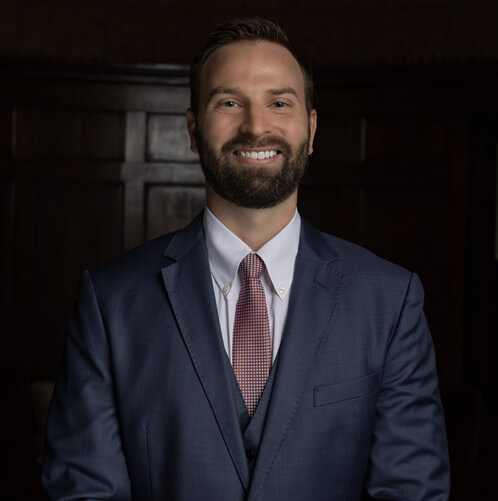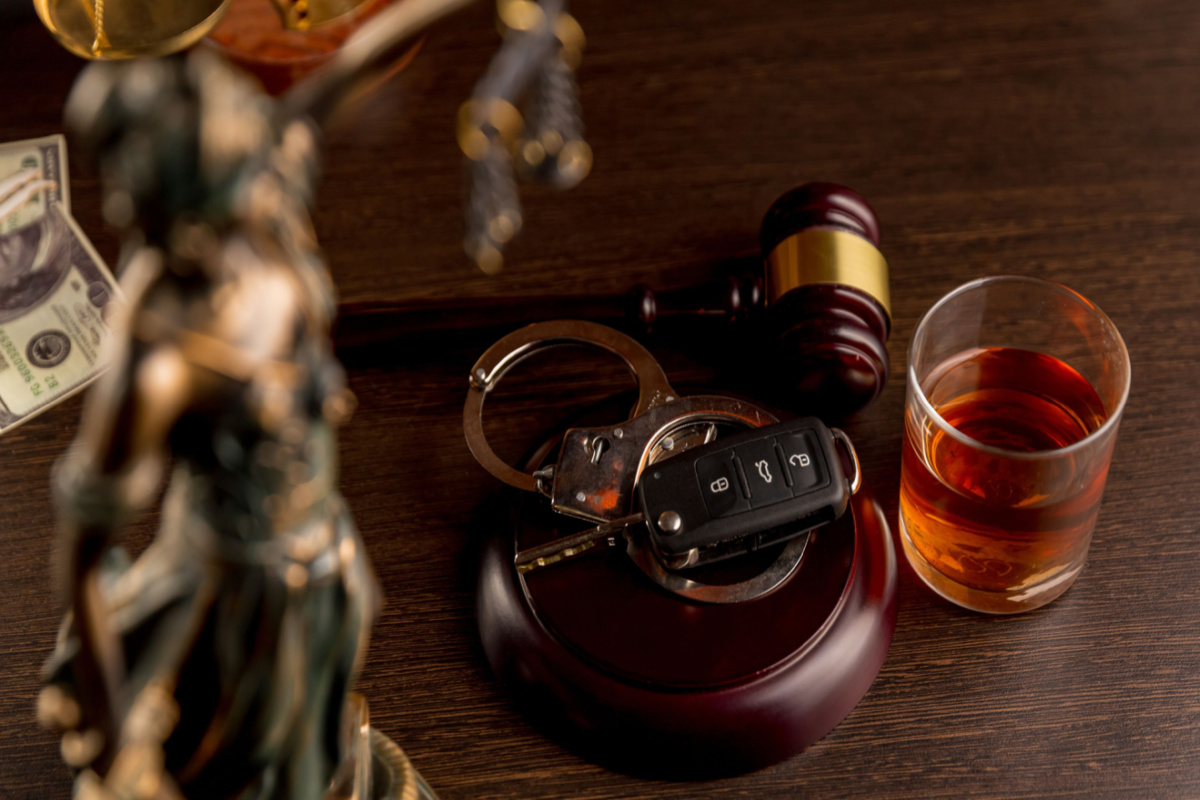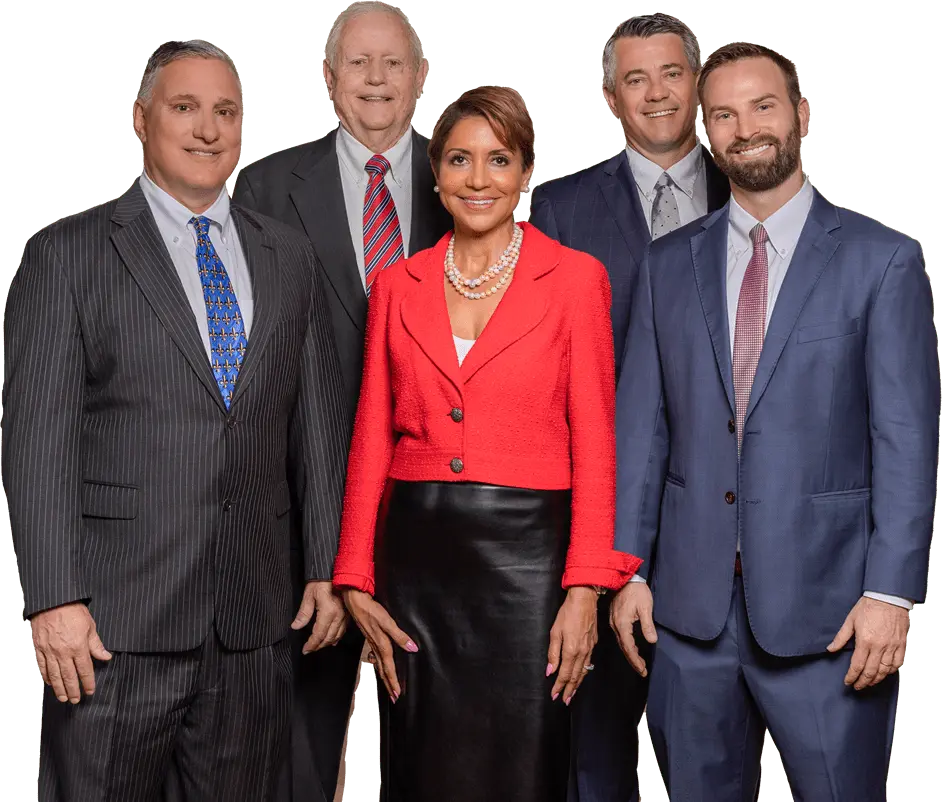
Partner at Charbonnet Law Firm LLC
Practice Areas: Car Accident, Slip-and-Fall, Work-related Injury

Driving under the influence (DUI) is a serious offense in Louisiana. But when a crash happens, many people assume the drunk driver is always the one at fault. That’s not always the case. Understanding the difference between criminal charges and civil liability can help you know what steps to take if a drunk driver has injured you—or even if you were behind the wheel.
In this blog, we’ll explain how liability is determined in DUI-related accidents, the role of evidence, and your legal options under Louisiana law.
When someone drives drunk, both criminal and civil law may apply. In criminal court, the state prosecutes the driver for breaking the law, and penalties can include jail time, fines, and license suspension. The burden of proof is high.
In civil court, the injured victim can sue for compensation. Here, you only need to show the driver likely caused the harm. This standard “preponderance of evidence”—is lower than in criminal cases.
Under RS 9:2800.1, Louisiana bars are generally not liable for overserving adults—only minors.
Being intoxicated behind the wheel increases the chance of causing an accident. But it doesn’t automatically make the driver legally responsible for the crash. Courts look at how the accident happened. If another driver ran a red light or caused the collision, the drunk driver might not be found at fault—or not entirely at fault.
Louisiana follows a pure comparative fault system. That means the fault is divided between all parties involved. Even if the drunk driver was negligent, their share of liability depends on the circumstances.
Under Louisiana’s pure comparative fault rule, even if a victim is partially at fault for an accident involving a drunk driver, they may still recover damages proportionate to the other party’s responsibility.
To hold a drunk driver liable in a civil case, you need to prove they were impaired and that you were hurt as a result of what they did. The following types of evidence can help support your claim:
Even if there’s no criminal conviction, this evidence can strengthen your civil injury claim.
Some people wonder whether a bar or restaurant that served alcohol to a drunk driver can also be held responsible for an accident. In most states, this is known as “dram shop liability.” However, Louisiana’s laws make this very difficult.
According to Louisiana Revised Statute 9:2800.1, bars and eateries are generally not responsible for the behavior of an inebriated adult. They can only be held accountable if they serve alcohol to a minor. Social hosts are also typically protected under the law.
So, while the drunk driver may be held accountable, suing the establishment that served them alcohol is usually not an option unless the driver is underage.
Victims of drunk driving accidents can suffer serious injuries, lost income, and emotional stress. Louisiana law allows you to seek compensation for both financial and non-financial losses.
You may be eligible for:
|
Feature |
Criminal DUI Case |
Civil DUI Injury Claim |
| Filed By | State prosecutor | Injured party (victim) |
| Purpose | Punish the offense | Compensate the victim |
| Burden of Proof | Beyond a reasonable doubt | Preponderance of the evidence |
| Possible Outcomes | Jail, fines, license suspension | Financial compensation for injuries/losses |
| Can Happen Together? | Yes | Yes |
Drunk driving injury claims can be complicated. Even if the other driver was arrested, that doesn’t guarantee you’ll receive compensation. You need to prove liability, document your injuries, and handle negotiations with the insurance company.
An experienced personal injury lawyer can gather critical evidence, handle paperwork, and advocate on your behalf. This allows you to focus on your recovery while your attorney builds your case.
Charbonnet Law Firm, LLC has a long history of representing injury victims in New Orleans and surrounding Louisiana communities. Their legal staff is skilled at navigating local regulations and pursuing the rightful recompense for you.
No. The court will still review the facts of the accident. Intoxication increases the chance of fault, but liability must be proven based on how the crash occurred
Yes. A conviction helps your case but isn’t enough by itself. You must still show the crash caused your injuries and that the drunk driver was responsible.
Louisiana allows shared fault. If you were partially responsible, your compensation is reduced by your share of the fault but not eliminated.
Not usually. Louisiana protects vendors who serve adults. They can only be held liable if they served alcohol to a minor involved in the accident.
You can recover costs for medical bills, lost wages, pain and suffering, and sometimes punitive damages if the driver’s conduct was especially reckless.
Louisiana has a one-year statute of limitations for personal injury claims. It’s essential to act quickly to preserve your right to sue.
Drunk driving accidents can lead to devastating injuries, but liability isn’t always automatic. Louisiana law looks at the whole picture—who caused the crash and how it happened. If a drunk driver has injured you, You might have a civil litigation right to compensation.
Understanding your rights and acting quickly is crucial. Charbonnet Law Firm, LLC has helped many New Orleans families navigate the legal aftermath of DUI-related crashes. Their team is ready to help you understand your options and fight for fair compensation.

With over 50 years of legal experience serving families in the New Orleans area and surrounding Louisiana communities, our firm takes pride in providing clients with personalized legal services tailored to individual needs.